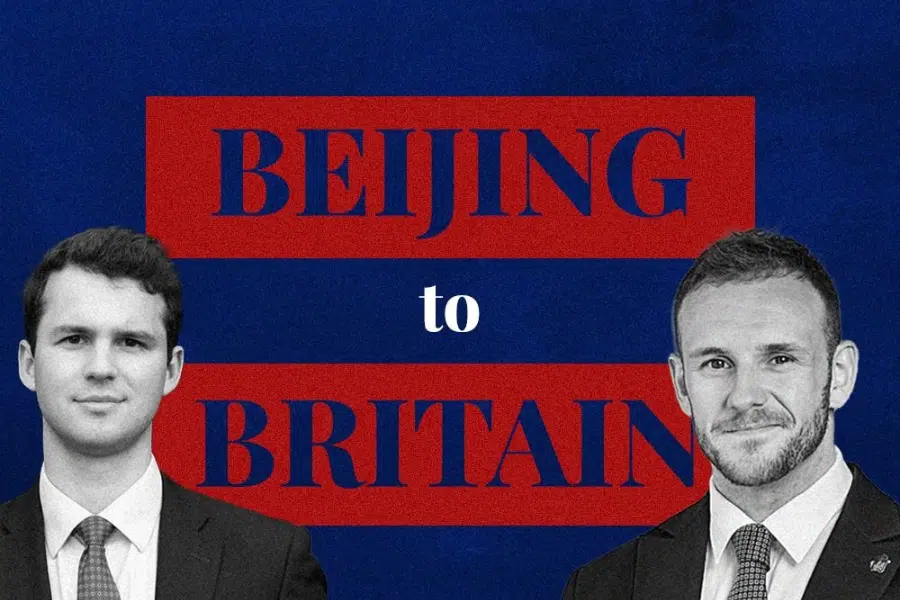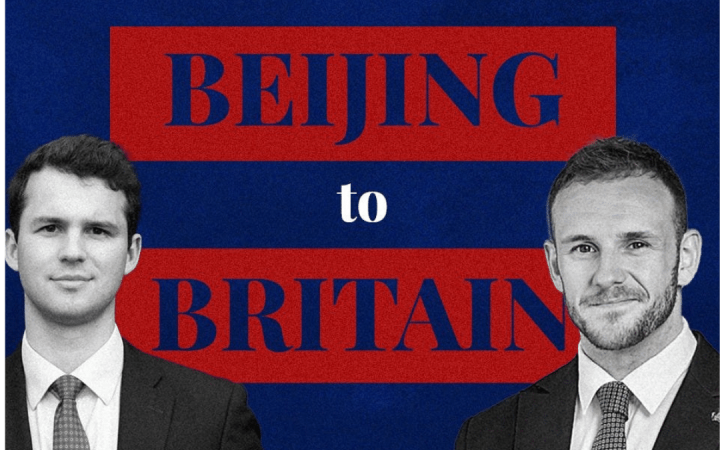
I would like to invite you to listen to a podcast about China and, in particular, the views of David Rennie, the Beijing based bureau chief of The Economist who covers a wide range of important issues with the team at “Beijing to Britain”. It’s quite long (approx one hour) but well worth it and I strongly recommend it. Please click on the link below, select your podcast app and listen to the whole episode.
Unlike most journalists, commentators and experts who write freely about China, David Rennie is different because he actually lives and works in China, and has done so since 2018. This includes the Covid period and the rise of geo-political tensions between the US and China, and so his insights are relevant, informed and based on real information, anecdotes and from speaking to locals on the ground, in their own language.
Whilst I don’t always agree with what the Economist writes about China, he provides a balanced and objective view on many important topics including:
- The effects of the ‘fire hose’ stimulus being applied by the Chinese Government on the advancing manufacturing sector to replace the economy’s past reliance on the property sector to create jobs, wealth and prosperity. He describes this as “China’s mercantilist export-driven gigantic bet on trying to get its demand overseas” and this is going to force all developed countries to face uncomfortable choices about their commitment to open borders and free trade.
- The impact of over-capacity in China on the developed world who are finding themselves facing an “armada of ships setting sail from Chinese ports with unbelievably low cost high quality manufactured goods” (EVs, solar panels, wind turbines etc.) to achieve China’s GDP targets.
- The challenges faced by European and British politicians, in particular, to navigate the conflicts that arise when faced with the three sides of a complex triangle:
- We want to go green affordably
- We don’t want to be dangerously dependent on China for over 90% of our inputs
- We would like to protect and preserve manufacturing jobs at home
- Whilst European and British politicians were correct in saying that ‘going green’ would create new jobs and industries, what they didn’t mention was that these jobs and industries would go to China.
It’s important for us to hear these perspectives. Like the UK and Europe, Australia is a middle sized economy with the same difficulties faced by all of America’s allies. America is large enough and strong enough to resist China’s advances and they have the buying power and resolve to inflict damage on some of China’s key industries. China knows this and would prefer to avoid unnecessary conflict. However, without consumer power, manufacturing capability and unlimited capital reserves, we are all going to be faced with increasingly complex and difficult decisions in the future, with far reaching consequences. I hope that everyone is paying attention.

